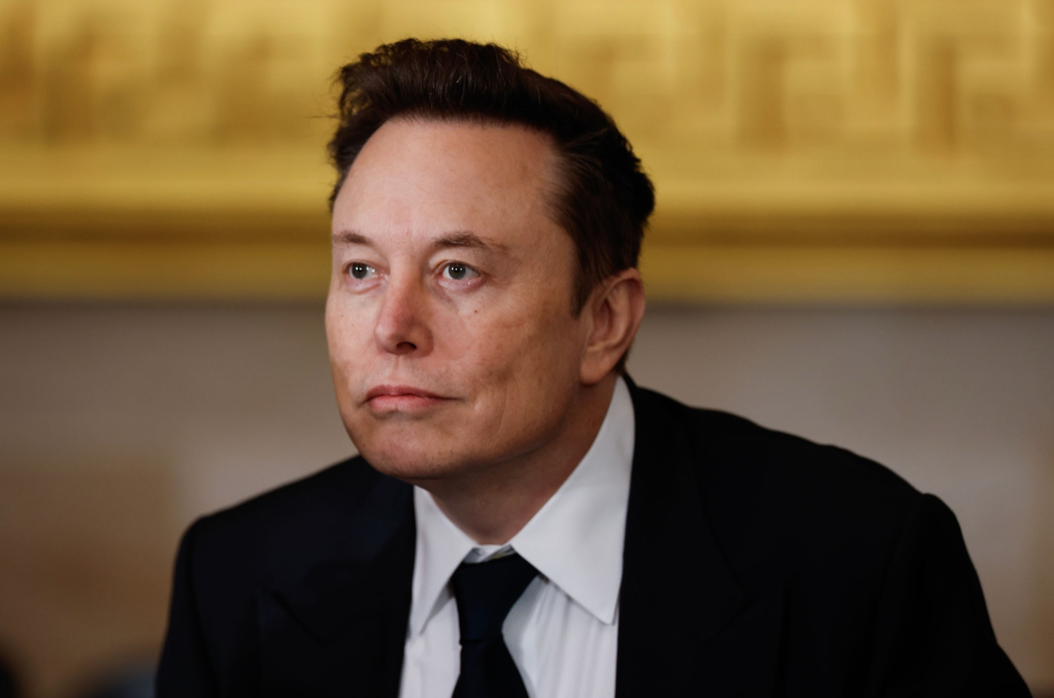Photo: AI
In a bold turnaround in US foreign policy, President Donald Trump recently announced new tariffs that mark a shift away from traditional sanctions as America’s primary tool of coercive diplomacy. According to a commentary published by the Royal United Services Institute (RUSI) on 30 April 2025, this move not only undermines the multilateral economic order, but also poses serious challenges for Europe, which must now strengthen its own autonomous sanctions enforcement mechanisms to maintain global influence.
On 2 April 2025, Trump unveiled wide-ranging tariffs, positioning them as revenue-generating tools but using them to achieve diplomatic goals that have traditionally been the domain of sanctions. Unlike sanctions, which restrict economic ties to achieve security or diplomatic goals, tariffs are trade barriers aimed at protecting domestic industries. However, the Trump administration is blurring this distinction by using tariffs as unilateral tools to pressure countries into supporting US foreign policy. For example, in March, Trump threatened “secondary tariffs” on countries that continue to import Russian oil if Moscow rejects a US-proposed ceasefire. Similarly, the 25% tariff on buyers of Venezuelan oil was intended to force third countries to cooperate.
This shift to tariffs weakens the international systems on which sanctions depend, including shared financial systems, regulatory harmonisation and economic interdependence. RUSI notes that this is part of Trump’s broader strategy to replace the liberal world order with a nationalistic, transactional economic model. For Europe, this creates both risks and opportunities: reducing dependence on US leadership in sanctions forces Europe to invest in its own enforcement mechanisms.
The Trump administration has also quietly dismantled the interagency group KleptoCapture, which was tasked with confiscating the assets of sanctioned Russian elites, signalling a shift away from multilateral sanctions efforts in favour of unilateral tariff measures. This, according to the author of the commentary, Shiloh Grayson, is not just a change of tools, but “an erosion of the institutional infrastructure of economic diplomacy”.
For Europe, the implications are clear: without American commitment to multilateral sanctions, they become easier to circumvent and harder to defend. Vietnam and Thailand, for example, under the pressure of unpredictable US tariffs, are moving closer to China, which reduces their interest in the Western sanctions framework. To counter this, Europe must act decisively. RUSI suggests two priorities: first, strengthening enforcement capabilities through joint intelligence, transparency and oversight; second, coordination, as the current fragmentation between national agencies is weakening effectiveness. The creation of a European sanctions authority could unify enforcement, provide clear guidance to companies and apply penalties quickly.
If Europe remains passive, it risks becoming a reactive player in a global system shaped by others. In a world where the economic landscape is fragmenting, autonomous and reliable sanctions enforcement is not a luxury but a strategic necessity. Europe must not only react to new realities, but also actively shape them.

















